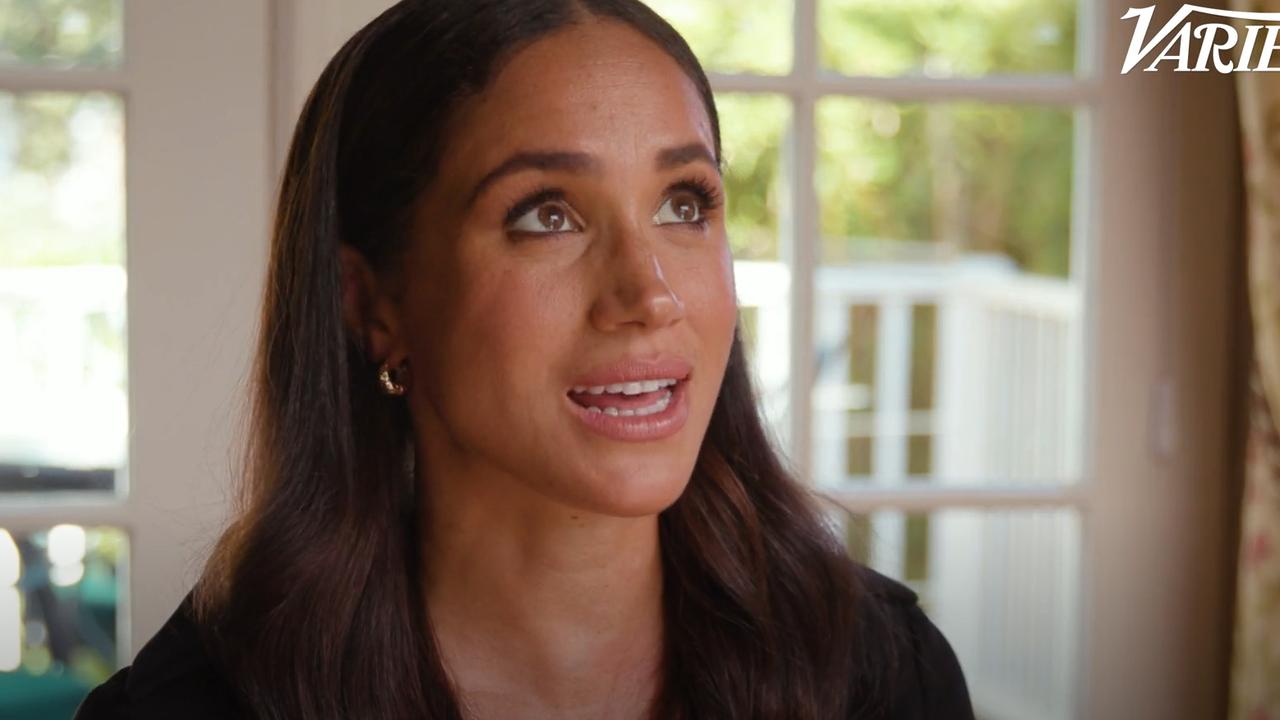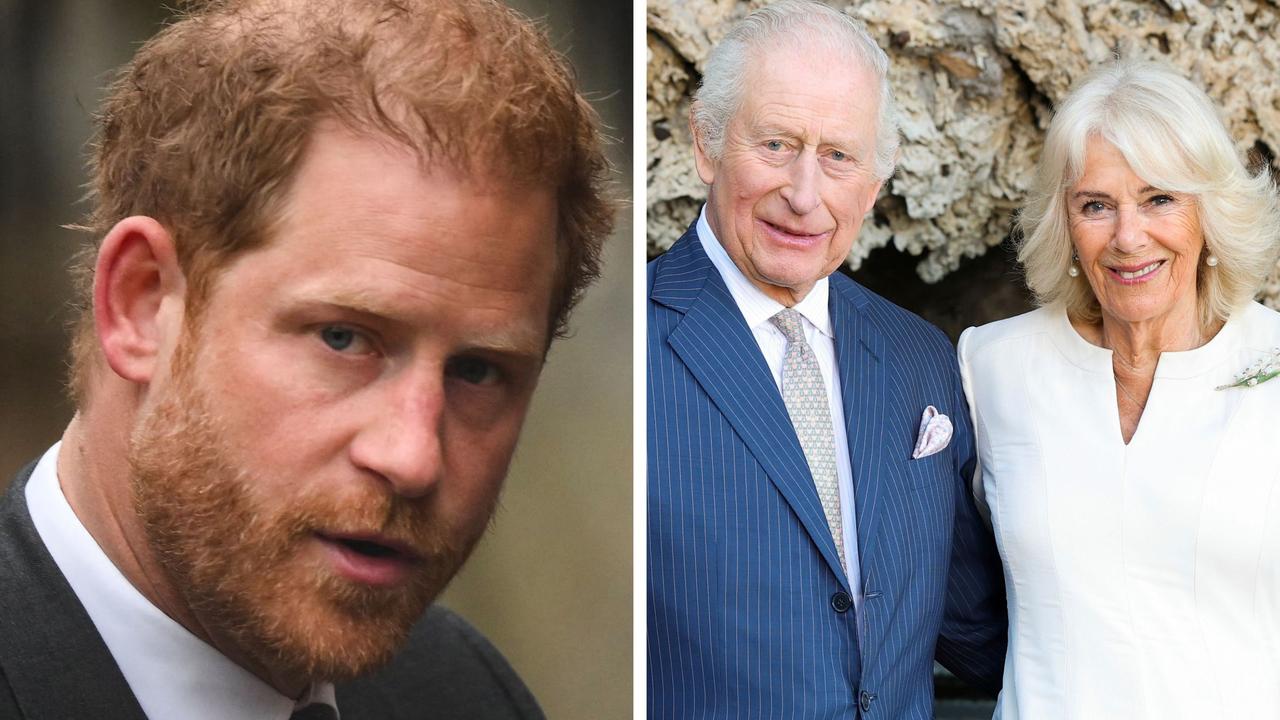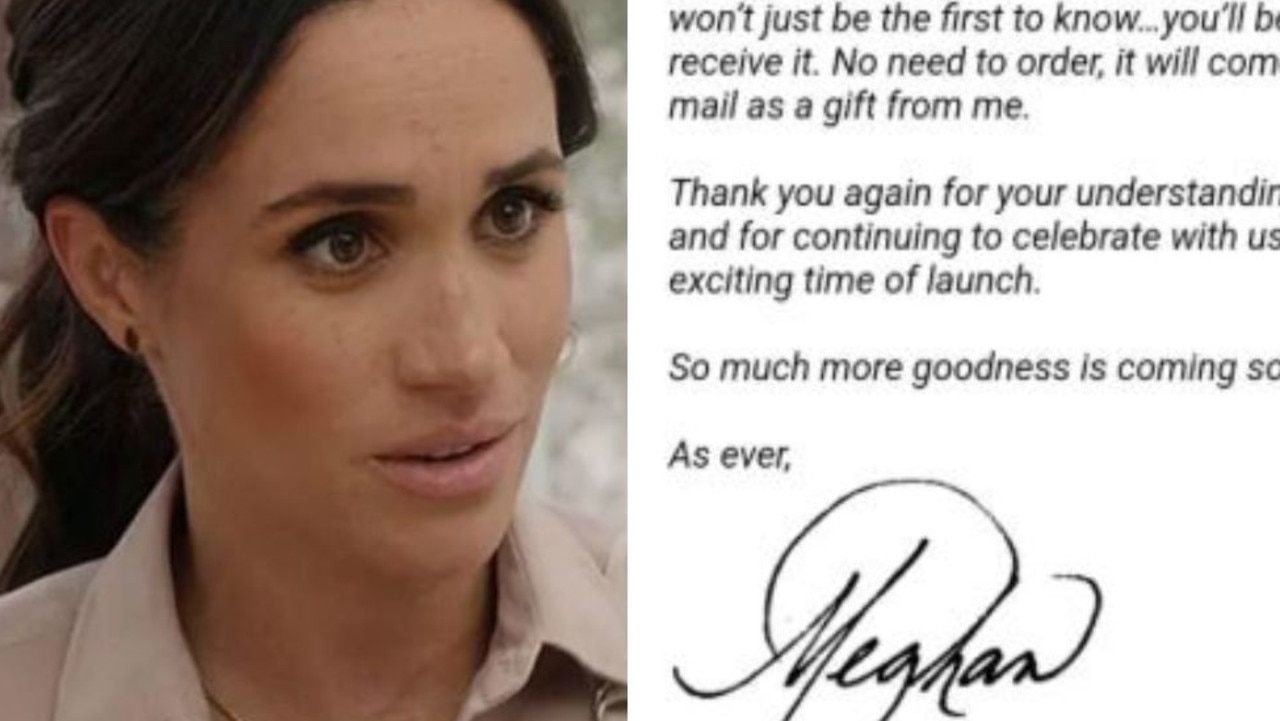Prince Harry’s near-breakdown after Diana’s death
IN HIS most revealing interview to date, Prince Harry has opened up about his “wild child” period like never before.
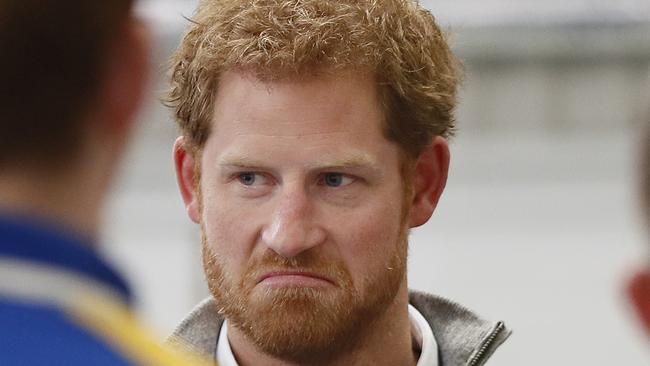
PRINCE Harry has reflected on his ‘wild child’ years and the lasting effect his mother’s death had on his mental health in what may be his most revealing interview to date.
The 32-year-old royal says he spent many years after his mother’s 1997 death trying to outrun his grief — but that when it caught up with him, the emotional fallout plunged his life into “total chaos.”
In a mental health-themed podcast for The Telegraph in the UK, Harry was in a surprisingly frank mood from the moment interviewer Bryony Gordon, chatting to him inside Kensington Palace, asked the royal how he was. “I’ve spent most of my life saying ‘I’m fine’ ...‘Fine’ is so much better than having to go into the details,” he told her.
Harry was there to talk about his mental health charity work with the organisation Heads Together — and explained that he chose to focus his charitable efforts in this area because of his own experiences.
“If anybody looked at my life, if you look back to the fact I lost my mum at the age of 12 on a public platform ... And everything else that happens with this role and the pressures that come with it. Then going to Afghanistan ... Anybody would look at that and go, ‘OK, there must be something wrong with you. You can’t be totally normal (after that)’,” he said.
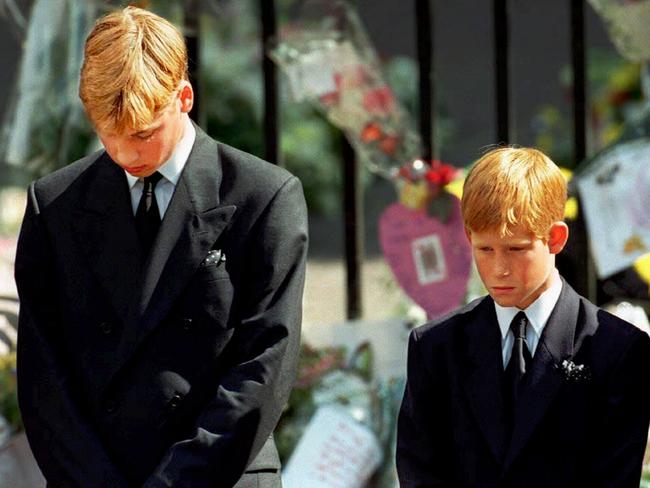
Harry served two tours of Afghanistan before leaving the military in 2015, but said it was not the source of his distress.
“But I buried my head in the sand for many, many years. It’s not Afghanistan-related: I’m not one of those people who saw their best mate blown up next to them, thank God. I can safely say that losing my mum at the age of 12 and therefore shutting down all my emotions for the last 20 years has had quite a serious effect on my personal life and my work,” he explained.
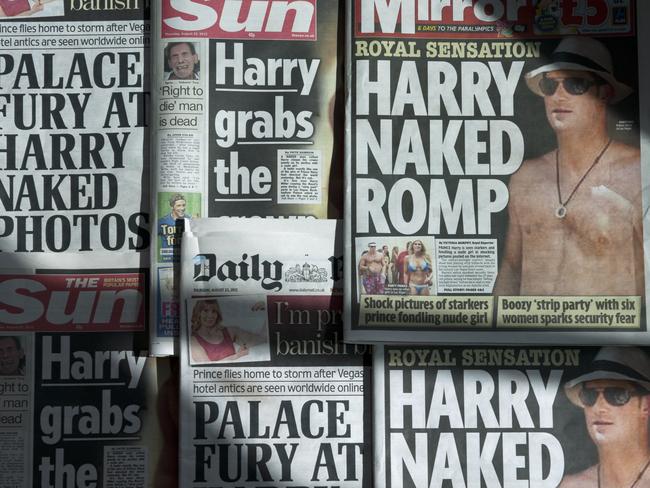
“My way of dealing with it was sticking my head in the sand and refusing to ever think about my mum, because why would that help? It’s not going to bring her back. I was a typical 20, 25, 28 year old, running around going ‘life is great — well, life is fine.’ But there was all this grief I’d never processed that came to the forefront.”
The results of this grief were well-documented, with Harry’s ‘wild child’ years making him regular tabloid fodder. “For a lot of my 20s, I was a problem,” he admitted.
“My brother was a huge blessing. He kept saying ‘This is not right, this is not normal — you need to talk about stuff. It’s not normal to think that nothing’s affected you’.
“It was 20 years of not thinking about it, then two years of total chaos. I didn’t know what was wrong with me.”
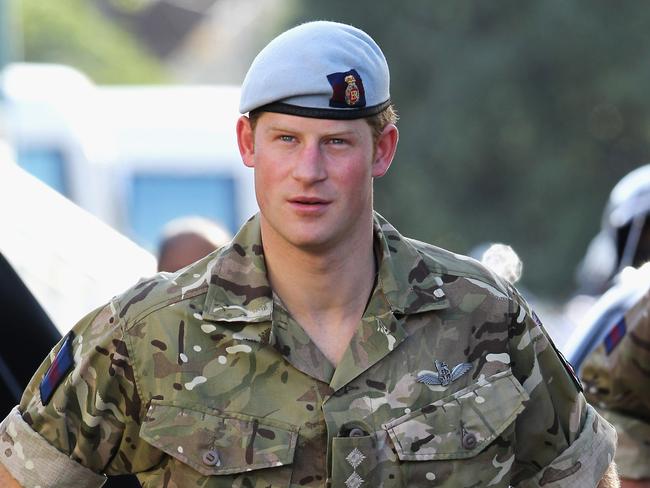
Speaking to a mental health professional helped Harry to finally process his grief — as did physical pursuits like boxing (“I was on the verge of punching someone, so punching someone who had pads was great”).
He admitted the pressures of life in the world’s most famous family still took their toll.
“I’ve been very close to a complete breakdown on many occasions when all sorts of grief and lies and misconceptions is coming at you from every angle — it comes with the job. One of the hardest things is not being able to stand up for yourself — you have to let it wash over you.”
But having taken control of his mental health, Harry said he was now eager to make a difference in the world until the point that people stopped listening to him.
“When it gets to that point — probably when George and Charlotte have grown up, and if I have children and they become more interesting — at that point you have to take a back seat.”


